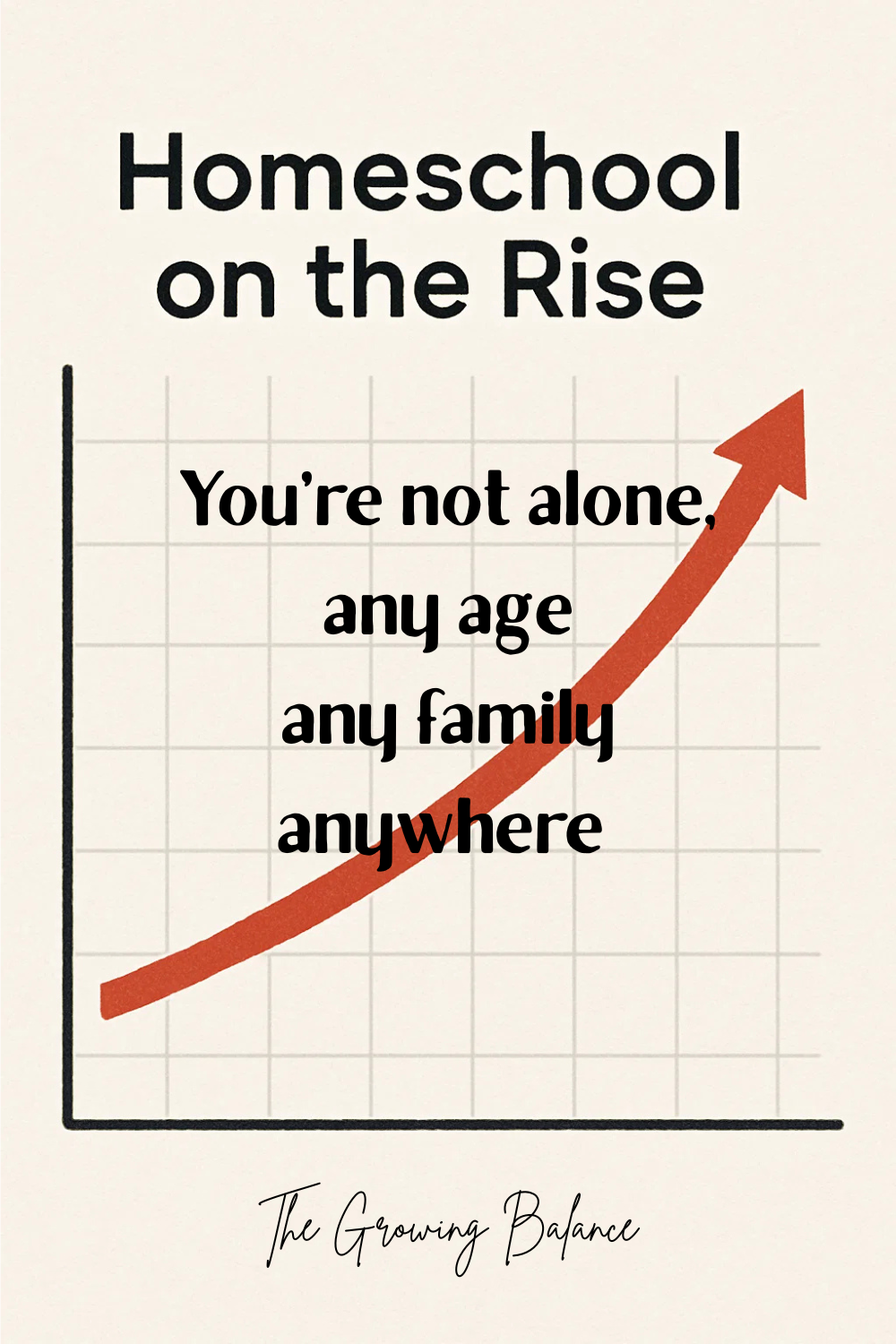The Heavy Crown: Society’s Expectations of Mothers
Motherhood is sacred — but the expectations are suffocating. From the moment she announces her pregnancy, a woman is no longer just herself. She becomes a target for opinions, assumptions, and impossible standards. But real mothers aren’t perfect — they’re human. And it’s time we let them be.

In every corner of the world, from small towns to bustling cities, motherhood is revered — but it also comes with an invisible weight. Society often paints an image of what a “good mother” should be: selfless, endlessly patient, perfectly organized, emotionally available at all times, and somehow still maintaining a spotless home, a career, and a social life.
But where does this pressure come from, and what does it mean for real mothers living real lives? Why do we feel this unbearable weight on our shoulders?
The Myth of the "Perfect Mother"
From the moment a woman announces her pregnancy, a flood of expectations begins. What's meant to be a joyous moment, is kind of ruined by so many assumptions of what you should be doing. Strangers, family members, even social media posts, all seem to have a say: breastfeed exclusively, co-sleep, don’t co-sleep, work, don’t work, bounce back quickly, prioritize your child but also yourself — the contradictions are endless. It's enough to drive a person insane.
This "perfect mother" doesn’t just nurture; she sacrifices everything without complaint. She is expected to love every second of parenting — even the messy, exhausting, lonely parts. Anything less, and society whispers: Are you doing enough? That's not how I would have raised my child. Don't you think your kids should be doing this by a certain age? It is endless and only makes you the mother more stressed out.
Modern Pressures: The New Layer
Today, the pressure has multiplied. Instagram-worthy birthday parties, Pinterest-level meal prep, side hustles, and glowing family portraits create an unrealistic highlight reel.
Mothers are not only expected to raise kind, smart, and successful children, but also to document every step flawlessly. The message is clear: if you’re not showing it off, are you even doing it right?
This is not just exhausting — it's unsustainable. Where did these expectations come from?
The Cost of Unrealistic Expectations
These expectations have a very real cost: burnout, anxiety, depression, and a crushing sense of inadequacy. Many mothers feel isolated by the pressure to “have it all together” and guilty when they fall short — even though falling short is human and inevitable.
Worse yet, the judgment often comes from within communities of other women, fueled by comparison rather than compassion. This seems to very prevalent in what is suppose to be tight nit mother communities.
What Mothers Really Need
Mothers don’t need more criticism or higher bars to clear.
They need grace, support, honest conversations, and realistic portrayals of motherhood.
They need to hear that it’s okay to ask for help, to take breaks, to feel frustrated, to not enjoy every moment — and that none of these things make them less of a good mother. Some mother's need to be shown that you, as a friend, as a family member, or as a spouse that it is okay to take a break and let someone else care for the baby. An important detail that most people overlook, just because you come watch the baby, doesn't mean that it give her (the mother) time to clean. Cleaning is not resting.
Society must shift from idolizing an impossible ideal to valuing the real, messy, incredible work that mothers do every single day.
Motherhood is not a competition or a performance.
It’s a deeply personal journey filled with joy, struggle, love, and learning. Every mother deserves to be seen not through the lens of impossible expectations, but through the reality of her dedication, resilience, and humanity.
It’s time to let mothers define motherhood — on their own terms.



